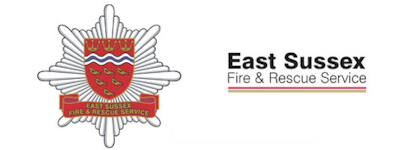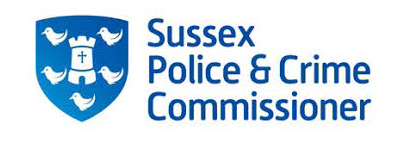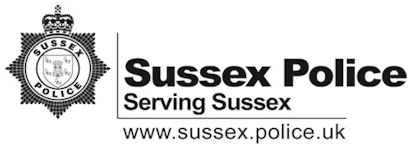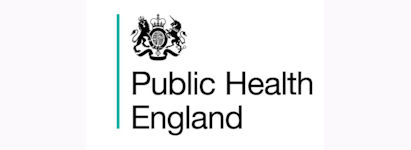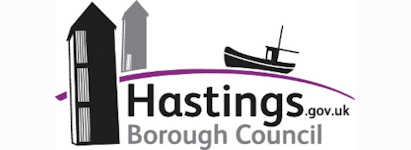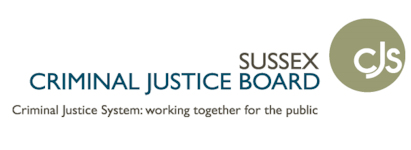Information about domestic abuse
Domestic abuse is the threatening or controlling behaviour of a partner. It does not matter whether the behaviour consists of a single incident or a course of conduct. A person who changes their behaviour because they are frightened of their partner’s reaction is being abused.
As defined by the Domestic Abuse Act 2021, behaviour is abusive if it consists of any of the following:
- Physical or sexual abuse
- Violent or threatening behaviour
- Controlling and coercive behaviour
- Economic abuse
- Psychological, emotional, or other abuse
Anyone can be a victim of domestic abuse, regardless of gender, age, ethnicity, religion, socio-economic status, sexuality, or background.
How to recognise domestic abuse in a relationship:
Emotional abuse
Does your partner, or former partner, ever:
- belittle you, or put you down?
- blame you for the abuse or arguments?
- deny that abuse is happening, or play it down?
- isolate you from your family and friends?
- stop you going to college or work?
- make unreasonable demands for your attention?
- accuse you of flirting or having affairs?
- tell you what to wear, who to see, where to go, and what to think?
- control your money, or not give you enough to buy food or other essential things?
Threats and intimidation
Does your partner, or former partner, ever:
- threaten to hurt or kill you?
- destroy things that belong to you?
- stand over you, invade your personal space?
- threaten to kill themselves or the children?
- read your emails, texts or letters?
- harass or follow you?
Physical abuse
The person abusing you may hurt you in a number of ways.
- Does your partner, or former partner, ever:
- slap, hit or punch you?
- push or shove you?
- bite or kick you?
- burn you?
- choke you or hold you down?
- throw things?
Sexual abuse
- Sexual abuse can happen to anyone, whether they’re male or female.
- Does your partner, or former partner, ever:
- touch you in a way you don’t want to be touched?
- make unwanted sexual demands?
- hurt you during sex?
- pressure you to have unsafe sex – for example, not using a condom?
- pressure you to have sex?
- If your partner, or former partner, has sex with you when you don’t want to, this is rape.
- Have you ever felt afraid of your partner or former partner?
- Have you ever changed your behaviour because you’re afraid of what your partner, or former partner, might do?
If you believe a child is at risk of harm due to domestic abuse, please see worried about a child.
Resources for those working with families affected by domestic violence.
If there is an immediate risk to someone’s safety, please call 999.
Access the full Domestic Abuse Act 2021 below:
Domestic Abuse Act 2021 (legislation.gov.uk)
Access the Domestic Abuse statutory guidance for practitioners below:
Domestic Abuse Act statutory guidance - GOV.UK (www.gov.uk)
If you or someone you know is in need help and support for Domestic Abuse, Sexual Violence and/or VAWG, please follow the link below:
Help and advice about domestic abuse (safeineastsussex.org.uk)

